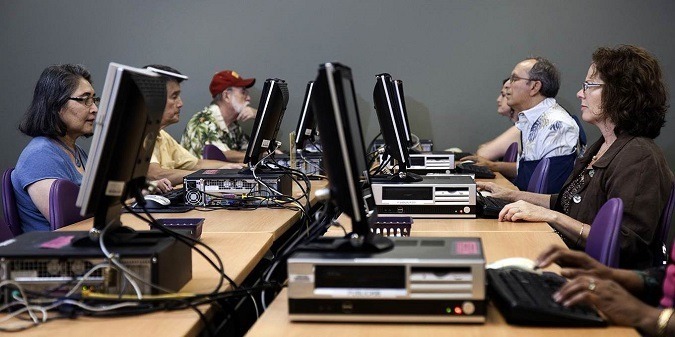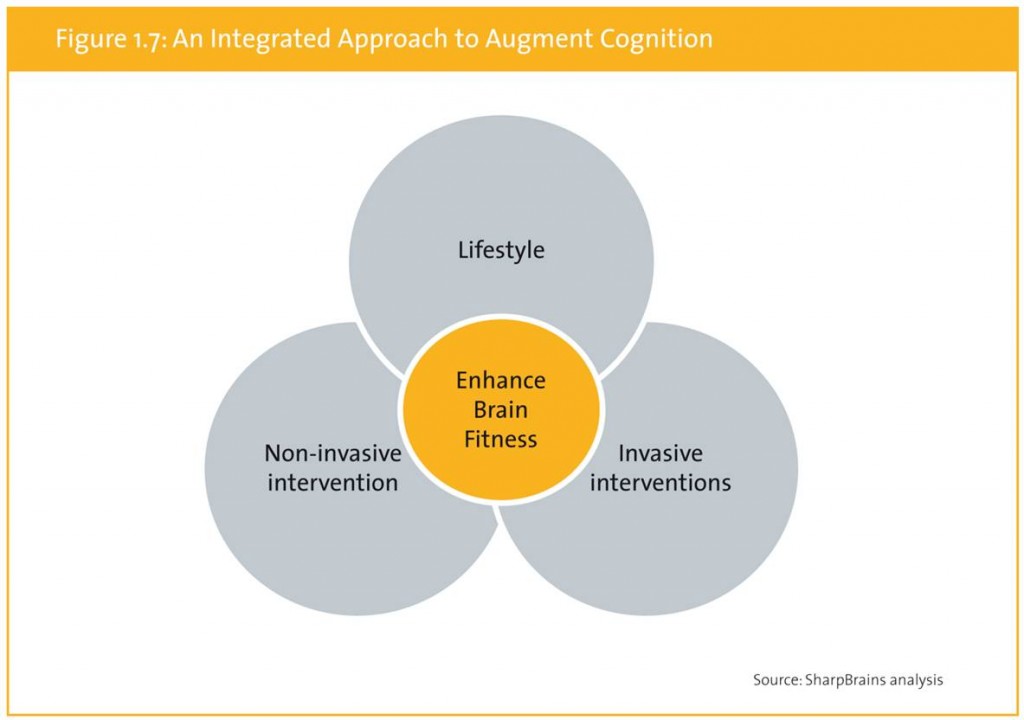Posts Tagged ‘workforce’
Calm raises $75 million, expands into corporate mental health and wellness
Calm Meditation App Hits $2 Billion Value With Lightspeed, Goldman Backing (Bloomberg News): Calm, maker of a meditation, sleep and relaxation app, doubled its valuation to $2 billion after raising capital from existing backers including Lightspeed Venture Partners, TPG and Insight Partners.
Read MoreTo thrive in tomorrow’s economy, workers need to boost lifelong cognitive abilities
___ The Cognitive Limits of Lifelong Learning (Project Syndicate): “As new technologies continue to upend industries and take over tasks once performed by humans, workers worldwide fear for their futures. But what will really prevent humans from competing effectively in the labor market is not the robots themselves, but rather our own minds, with all…
Read MoreStudy shows how online mindfulness interventions can reduce work-related rumination and fatigue, and improve sleep quality
__________ Work these days often comes with long hours, emotionally draining colleagues, and complex problems that require an enormous amount of mental energy. So it’s no surprise that many of us have a hard time leaving work-related thoughts at the office. “Surveys have shown that between 16 and 25 percent of the workforce have regular…
Read MoreNext in Human Resources: Seeing cognitive diversity as an asset to build on, not a problem to avoid
Neurodiversity: The Benefits of Recruiting Employees with Cognitive Disabilities (Harvard Business School’s Working Knowledge): There’s a new frontier in diversity programs focused not on race or gender but on cognitive ability. The growing interest in neurodiversity—hiring people with cognitive disabilities like Autism Spectrum Disorder (ASD)—is motivated by companies looking to tap into
Read MoreTo maintain lifelong mental acuity, avoid early retirement and repetitive jobs
This is your brain on retirement — not nearly as sharp, studies are finding (The Washington Post): “Retiring at 55 and spending the rest of your life relaxing on the front porch may sound appealing, but if you want your brain to keep working, it’s probably not a good idea. Mounting evidence shows that staying in…
Read MoreBrain Fitness: Definition, Priorities, and Links to Neuroleadership and Human Capital
Yesterday we had a fun session on Brain Fitness during the Neuroleadership Summit taking place now in San Francisco, exploring opportunities to enhance performance and health of leaders and workforces by deploying both old tools (like breathing and meditation) and new ones (such as biofeedback and database-driven personalized brain training solutions). Here are a couple…
Read More





